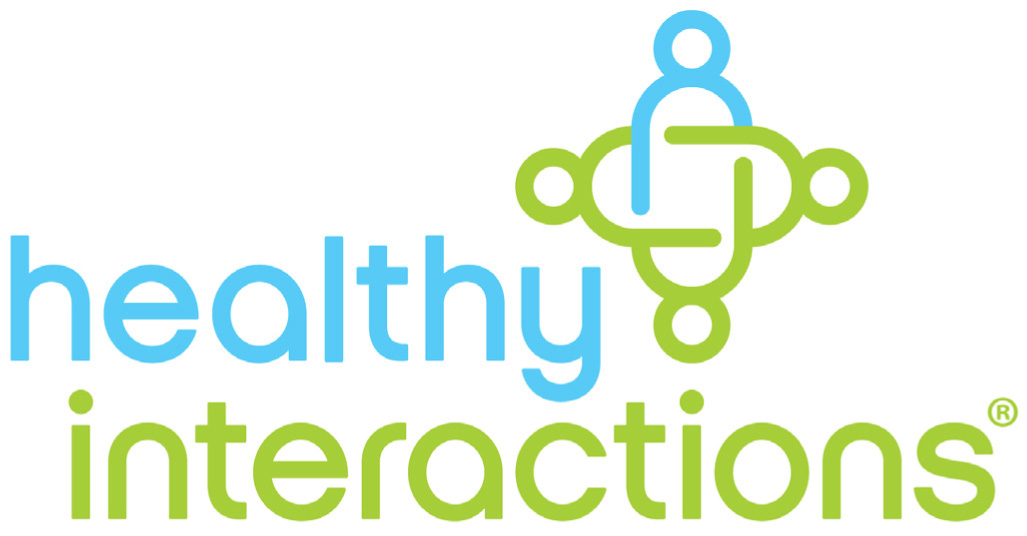mHealth Adopts the Patient-Centered Medical Home Approach
June 16, 2016
Healthcare providers are finding that the best mHealth program doesn’t stand on its own.
 A study launched by digital health company WellDoc finds that a combination of digital tools and in-person coaching can help those diagnosed with type 2 diabetes better manage their health. The results offer strong support for a patient-centered medical home concept that ties together providers, payers and the patient’s support network.
A study launched by digital health company WellDoc finds that a combination of digital tools and in-person coaching can help those diagnosed with type 2 diabetes better manage their health. The results offer strong support for a patient-centered medical home concept that ties together providers, payers and the patient’s support network.
“The high tech of digital health tools and the soft touch of peer support may appear very different, but they are actually very synergistic,” Edwin Fisher, PhD, a professor in the Department of Health Behavior at the University of North Carolina-Chapel Hill’s Gillings School of Global Public Health, said in a release. “This feasibility study showed their integration is practical and well accepted by patients and clinical teams alike in a real-world primary care practice setting.”
The study made use of WellDoc’s BlueStar mobile prescription therapy platform and a support program delivered via telephone, and was conducted by New Jersey-based Vanguard Health with support from Peers for Progress, a program run by the Gillings School of Global Public Health at the University of North Carolina-Chapel Hill.
According to the study, unveiled at the American Diabetes Association’s 76th Scientific Sessions last week in New Orleans, some 70 percent of patients enrolled in the program sustained active engagement, and 78 percent submitted data from their digital devices to their care team. During the six-month study, participants used the BlueStar program between six and seven times a week on average and averaged seven coaching contacts.
“This strong collaboration of key stakeholders shows that there is significant potential for use of digital therapeutics in engaging patients in their self-management, providing efficiencies to the clinical team and improving overall patient outcomes,” WellDoc CEO Kevin McRaith said in the press release, noting the study combined the efforts of a digital device company, academic medical institution, heath plan and a PCMH practice. “Through collaborations like these, the outcomes achieved help WellDoc better understand how BlueStar can help transform clinical care in the new value-based healthcare environment.”
“Patient engagement through innovation is at the heart of successful primary care,” added Thomas McCarrick, MD, MBI, Vanguard’s chief medical officer and CMIO. “Collaboration and integration among the care coordinator, healthcare provider, health coaching and digital health tools supports the patient and practice.”
That’s the kind of collaboration David Moen, MD, is also seeking. Moen is the chief medical officer of Healthy Interactions, a Chicago-based health education and management company targeting consumers with chronic conditions, such as diabetes.
A successful mHealth program “isn’t just something you download on your phone,” says Moen. “You have to have all sides of the patient engagement workflow working.”
Earlier this year, the Centers for Medicare & Medicaid Services announced that it would expand support for the Diabetes Prevention Program, giving more weight to “lifestyle change programs.” Moen said that type of support opens the door – albeit slowly and carefully – for programs that can effectively combine home-based mHealth platforms with hand-on coaching and support. And that, in turn, means more collaborations between providers, payers and patients.
Moen says it’s important to “treat behavior change as a science,” and that means combining “touches” with data that integrates with the medical record. That will bring providers into the fold, and in turn give them information to act on. That will also appeal to health plans looking for proof that these interventions are a worthy investment.
“The biggest mistakes are made when they think of themselves in too siloed a fashion,” he adds. “You need to understand the clinician workflow as well as the patient’s input, and look at ways to create collaborations.”
WellDoc touts the value of PCMH collaboration in a new mHealth study involving diabetic patients. That's exactly what Healthy Interactions is looking for, as well.
Other recent news
September 2, 2015
October 17, 2015
July 27, 2015
July 23, 2015
March 23, 2015
